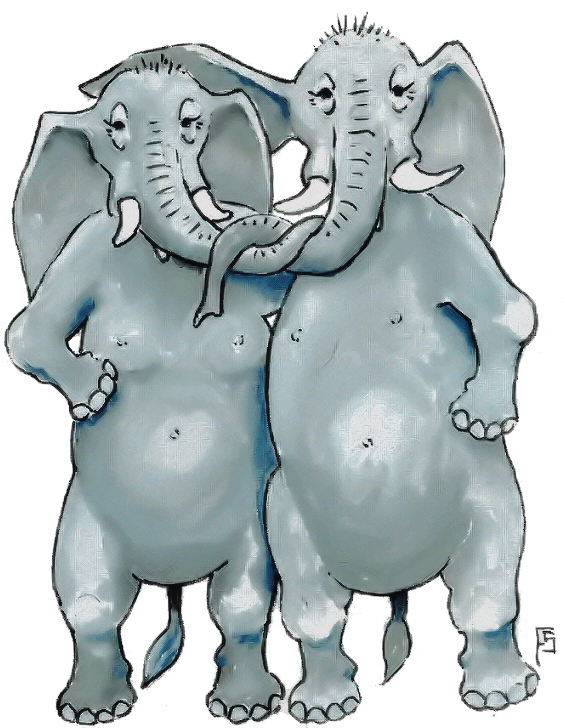MBCL en MSC
Er worden in Nederland twee typen compassietraining aangeboden: Mindfulness-Based Compassionate Living (MBCL) en Mindful Self Compassion (MSC). Beide programma’s bestaan uit acht sessies en een stiltesessie en zijn gericht op het ontwikkelen van compassie. Omdat veel mensen vragen naar wat nu verschillen en overeenkomsten tussen de beide programma’s zijn, hebben we na overleg met Christopher Germer de volgende tekst (in het Engels) ontwikkeld:
‘MBCL has been developed from the close cooperation of two pioneering mindfulness teachers in the Netherlands based on their extensive experience in working with MBSR and MBCT in mental health care: psychiatrist and psychotherapist Erik van den Brink and meditation teacher Frits Koster. In their programme they have integrated elements derived from the developers of MSC as well as Gilbert’s Compassion Focused Therapy (CFT), building on an evolutionary model of the human mind. MSC has been developed by Kristin Neff, who is a pioneering researcher of self-compassion, and clinical psychologist Christopher Germer, who is an expert in the field of meditation and psychotherapy.
What they have in common
- MBCL and MSC draw from many similar sources and present compassion training in a secular, non-religious way. Based on transdiagnostic views on human suffering and universal models of the human mind, they can both be applied in various settings (preventive, primary and secondary healthcare; coaching; counselling; education; human resource; management).
- Both MBCL and MSC present exercises which have an evidence-base and incorporate new neuroscientific and clinical findings.
- Both programmes offer exercises which are helpful in dealing with stress and (emotional) pain in healthier ways. Both programmes seek to cultivate wholesome mental states, integrating insights from modern psychology and ancient contemplative practice in kindness and compassion (such as metta and tonglen).
- Both programmes give ample space to dealing with adverse reactions to self-compassion and dealing with painful emotions and self-criticism and support participants in accepting their imperfections and develop a kind, caring and forgiving attitude toward ourselves.
- They both seek to develop the four boundless qualities of heart (kindness, compassion, appreciative joy and equanimity).
How they differ
- MBCL is designed as a follow-up programme and participants are required to have followed a basic mindfulness course, preferably MBSR or MBCT on which it specifically builds, or Breathworks, MBRP or equivalent programme. It deepens already established mindfulness skills and expands the practice with compassion-focused exercises. Hence, it is required that teachers of the MBCL curriculum are already experienced and certified in teaching MBSR or MBCT and follow a similar style in teaching and guiding and in exploring the experiences of participants. In MBCL, teachers expand their teaching from the basis of MBSR/MBCT. MSC is intended as a stand-alone programme and has integrated basic mindfulness exercises in its curriculum. It does not require participants to have followed a mindfulness-based programme first. MSC teachers have followed a stand-alone teacher training programme and being MBSR/MBCT teacher is not a prerequisite. They are required to have an established and ongoing personal meditation practice, however.
- In MBCL developing self-compassion and compassion to others are viewed as inseparable and ample space is given to both. In MSC the focus is more explicitly on developing self-compassion. Practices in kindness/compassion towards others are also offered in MSC, however, as a vehicle to self-compassion.
- There are still some smaller differences as regards specific exercises and themes that are explored.
Erik van den Brink and Frits Koster, October 2017



